Clásicos de la Fe: Lutero
Martín Lutero
- Editorial : B&H Español (1 Junio 2020)
- Idioma : Español
- Tapa dura : 416 páginas
- ISBN-10 : 1087702321
- ISBN-13 : 978-1087702322
- Peso del Artículo : 1.45 pounds
- Dimensiones : 6.3 x 1.4 x 9.3 pulgadas
$84.900
Sin existencias
Descripción
Clásicos de la Fe: Lutero
Clásicos de la Fe: Lutero. Este volumen incluye dos clásicos de Martín Lutero: 95 Tesis y La voluntad determinada.
95 Tesis: Originalmente escrito en 1517, este tesoro es tal vez el texto más importante de la reforma, por lo menos en impacto.
Estas tesis son los argumentos públicos de Lutero en contra de las prácticas comunes de la iglesia romana, en donde él desafía el uso de las indulgencias, la veneración al Papa, entre otras cosas.
La voluntad determinada:
Primeramente publicada en 1525, esta obra de arte es la respuesta de Lutero a «La diatriba del libre albedrío» de Desiderius Erasmus. En este libro, Lutero escribe sobre la depravación del hombre y la soberanía de Dios, especialmente en cuanto a la salvación de la raza humana.
Lutero argumenta que el hombre es solamente libre para elegir lo que su naturaleza le permite, y por lo tanto, es esclavo de su pecado hasta que Dios soberanamente interviene para salvarlo.
This volume contains two classics by Martin Luther: 95 Theses and The Bondage of the Will.
95 Theses: Originally written in 1517, this treatise is perhaps the most important text of the Reformation, at least in impact. These theses are Luther’s public argumentation against the common practices of the Roman Church, where he challenges the use of indulgences, the veneration of the Pope, among other things.
The Bondage of the Will: First published in 1525, this masterpiece is Luther’s response to Desiderius Erasmus’ «Diatribe on Free Will». In this book, Luther writes about man’s depravity and God’s sovereignty, especially regarding the salvation of mankind. Luther argues that man is only free to choose what his nature allows him to choose, and therefore he is always in bondage to his sin until God sovereignly intervenes in saving him.

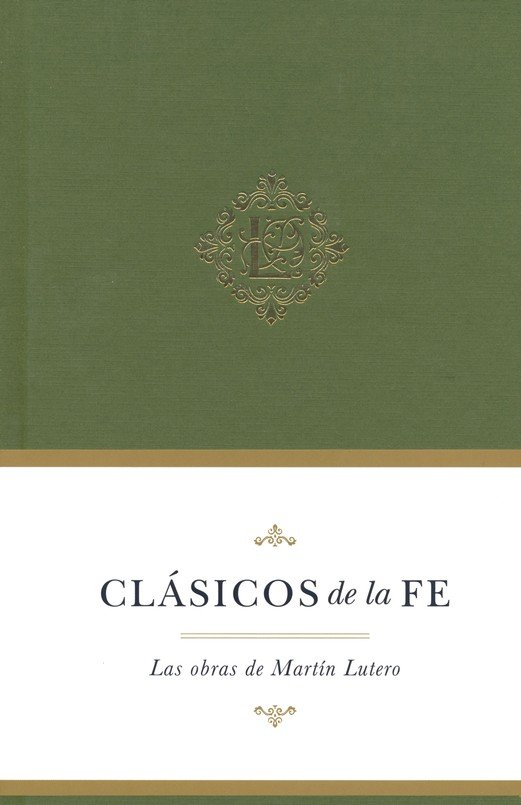
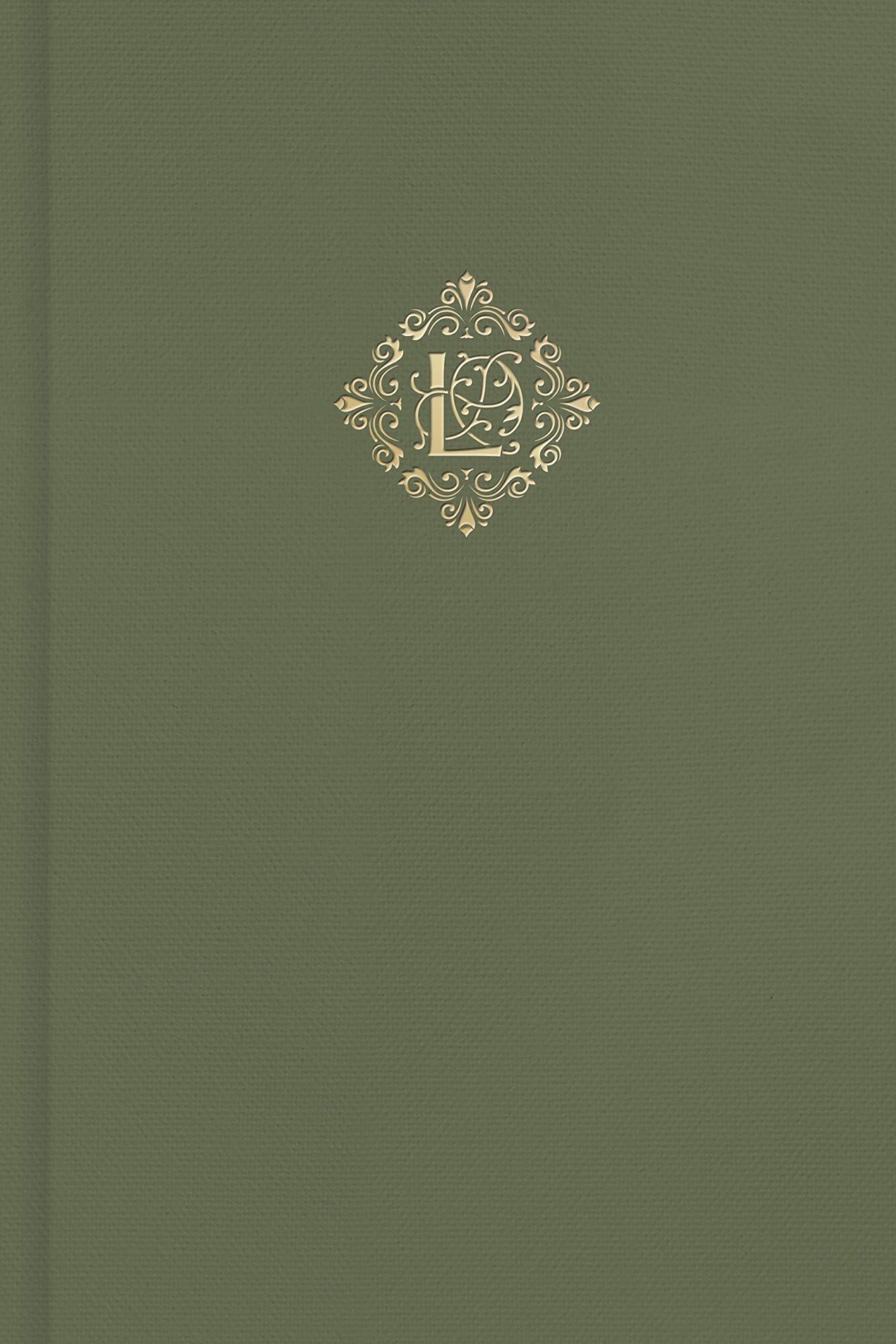
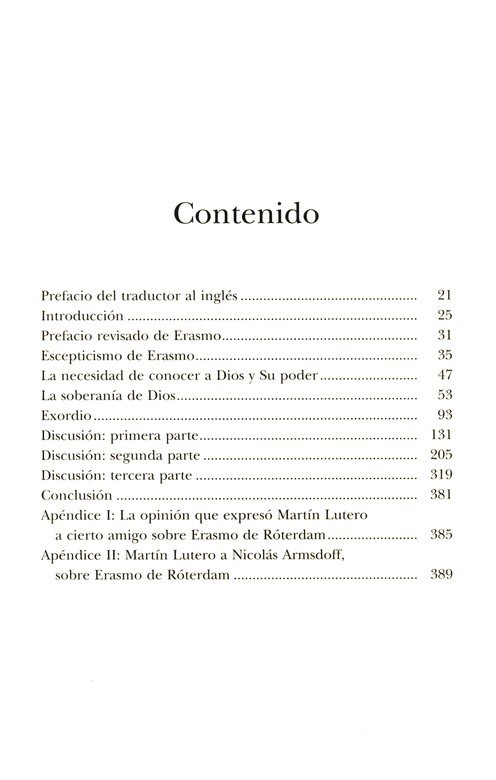
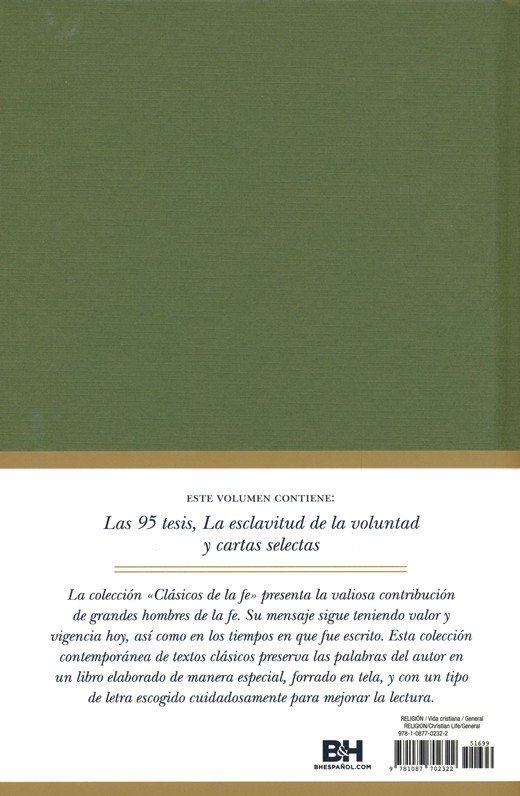














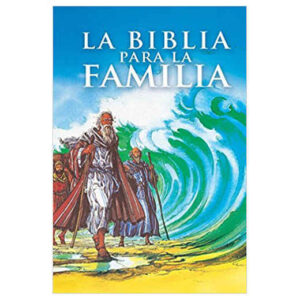
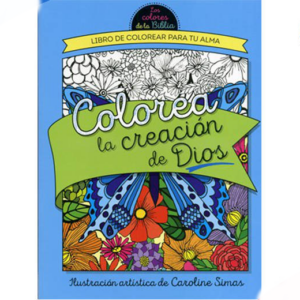


Valoraciones
No hay valoraciones aún.